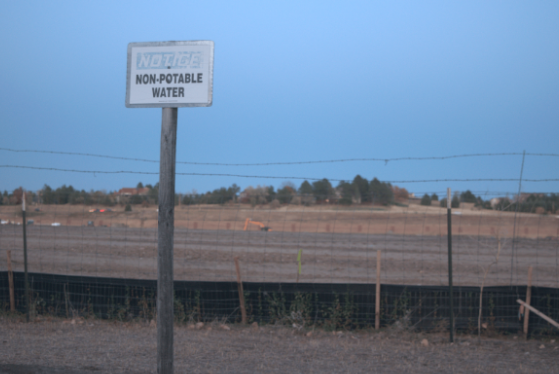On April 11th, 2024, Bill HB24-1448 was introduced to the Colorado House of Representatives assigned under education. The bill cleared the vote with a 54 to 10 vote from the House and then was moved to the Senate for further voting and consideration under the same designation.
Although the bill hasn’t been enacted into law yet, many of the largest school districts in Colorado opposed the bill. These districts include Cherry Creek, Jefferson County, and Boulder school districts.
This bill proposes that $500 million of state funding be allocated to districts across the state over 6 years, around $83 million annually starting in the 2025-26 school year until 2031.
These funds would be distributed to schools based on the number of students from low-income families, students with disabilities, and students learning to speak English at school. This bill will also exclude high school and online learning students but may broaden to include these groups later.
This bill is meant to replace the “obsolete” Public School Finance Act passed in 1994 and updated in 2021 under Senate bill SB21-268.
Assistant Majority Leader Jennifer Bacon supported this bill saying, “This is the best opportunity we’ve had in decades to direct additional dollars to the districts and classrooms serving students the greatest needs.”
Like any other bill, this bill was introduced with good intentions; however, school districts have been opposing this bill because the government plans to fund the bill using the state’s education fund if the state cannot afford to fund the bill.
Since the costs are so high, the bill has raised concerns and huge opposition from school districts, teacher’s unions, and the Democratic Party.
School districts are concerned that this bill would use the funds that were meant for their districts would now be used to fund this bill.
In addition, the changes in this bill change the formula for which districts get funding. This means some school districts would get less government funding while others would increase.
Districts also believe the bill doesn’t properly address the actual issues with school districts and funding for these districts.
“The funding formula doesn’t address problems with local tax measures that can create further inequities among districts,” stated Adams 12 officials to Chalkbeat.
Teacher’s unions have opposed this bill because they believe it would affect funding for their classes and that public schools are moving towards privatization.
“I greatly appreciate the urgency behind this measure. When this is done, we will need that same level of urgency to address inadequate funding,” Great Education Colorado Executive Director Lisa Weil, who is neutral on this issue, said.
Of the 10 who opposed the bill during the House vote, 8 were Democrats. The Democratic Party reckons the bill will create a “ripple effect” in classrooms. Additionally, the party believes that including charter schools in the bill would take further funds away from school districts.
“We would take away from our crumbling public schools,” said Representative Tim Hernadez.
The bill cleared the House vote; therefore, it still needs to pass the Senate voting. It is unknown whether or not it’ll become a law.


![Bill HB24-1448: What Does It Mean? [OPINION]](https://ghschronicle.com/wp-content/uploads/2024/05/Hayne-Photo-1-1200x900.png)
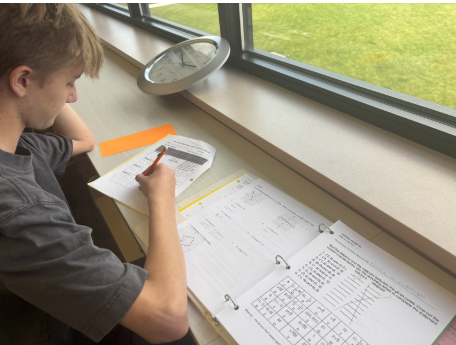
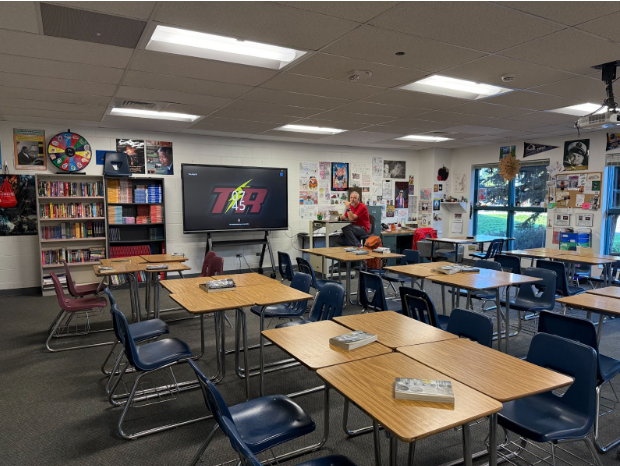

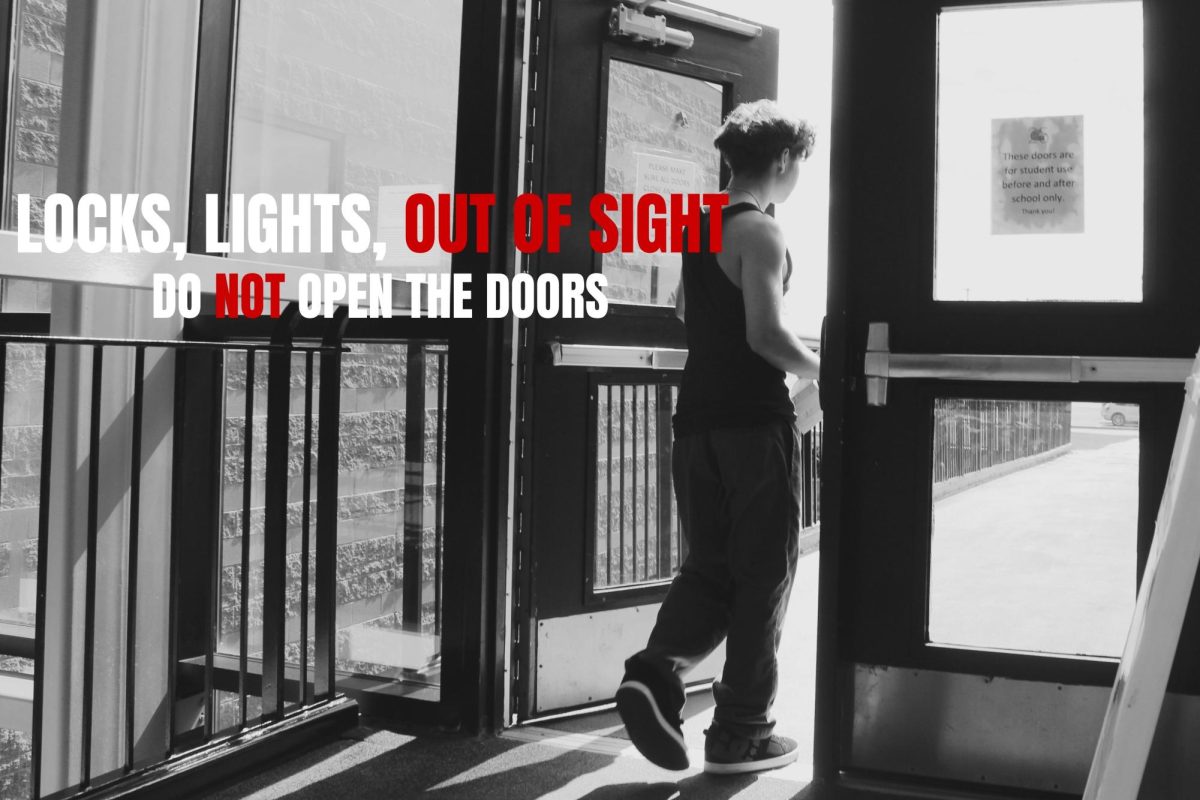
![A Vest Won’t Protect You [OPINION]](https://ghschronicle.com/wp-content/uploads/2025/09/KoltonZuckerVestPosterOffWhite.png)
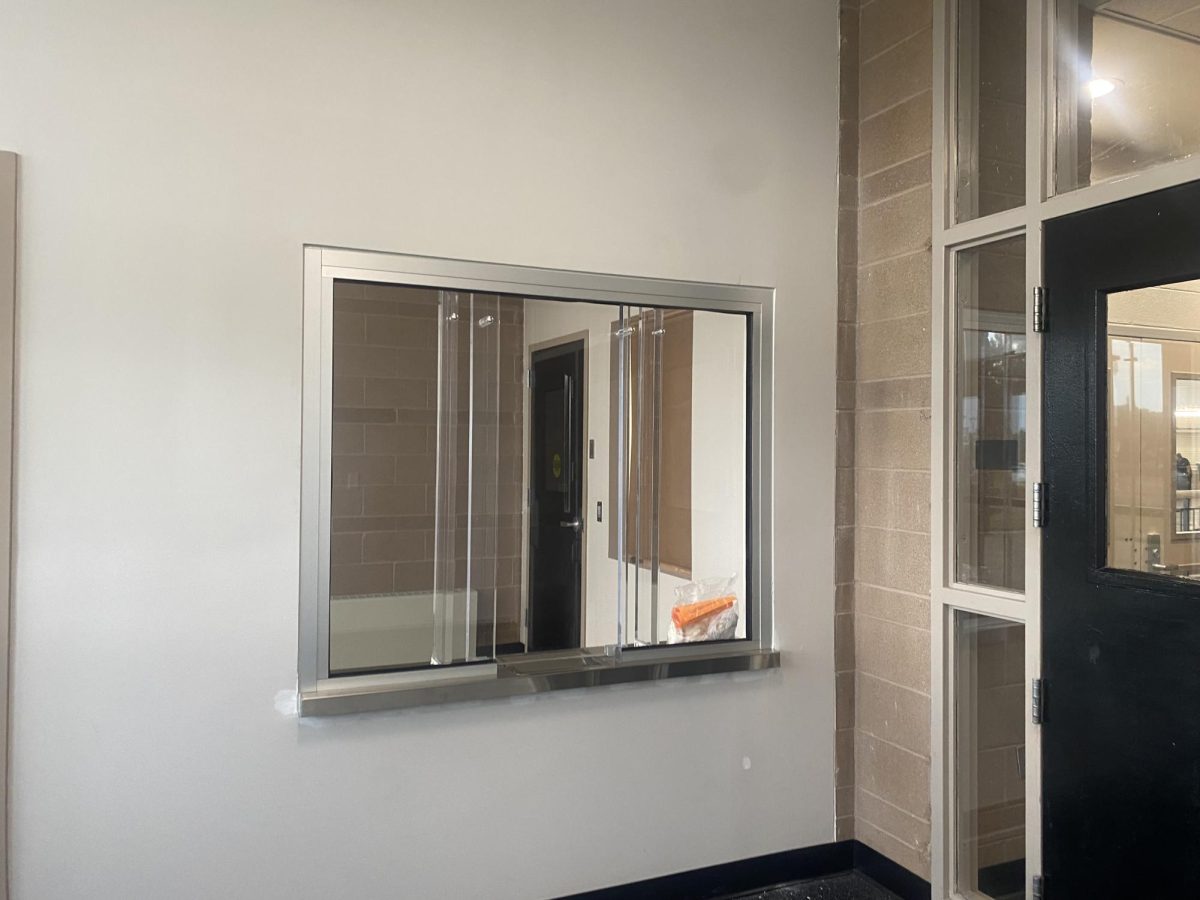

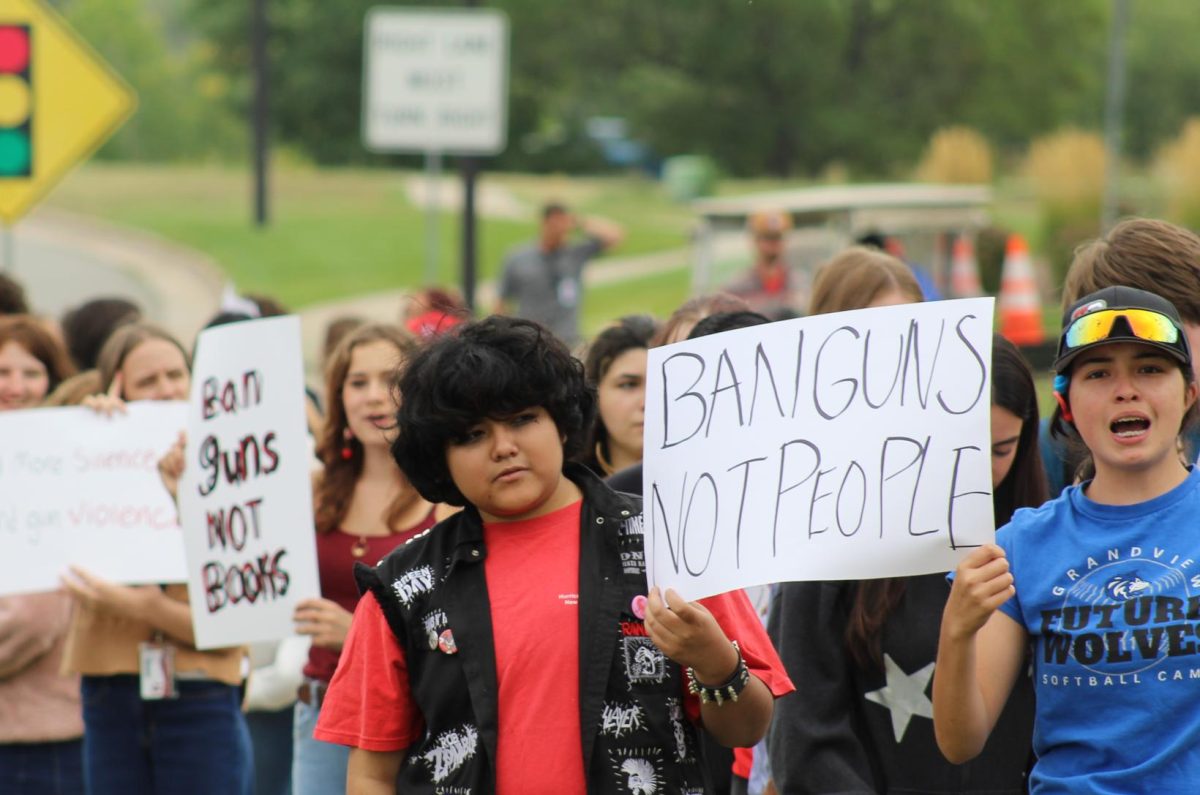

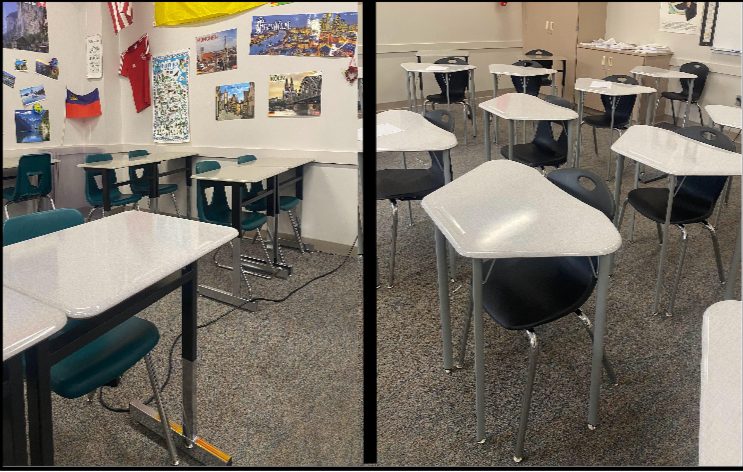


![Executive Order: Ending Radical Indoctrination in K-12 Schooling [OPINION]](https://ghschronicle.com/wp-content/uploads/2025/04/Screenshot-2025-04-23-at-2.51.41 PM-1200x674.png)

